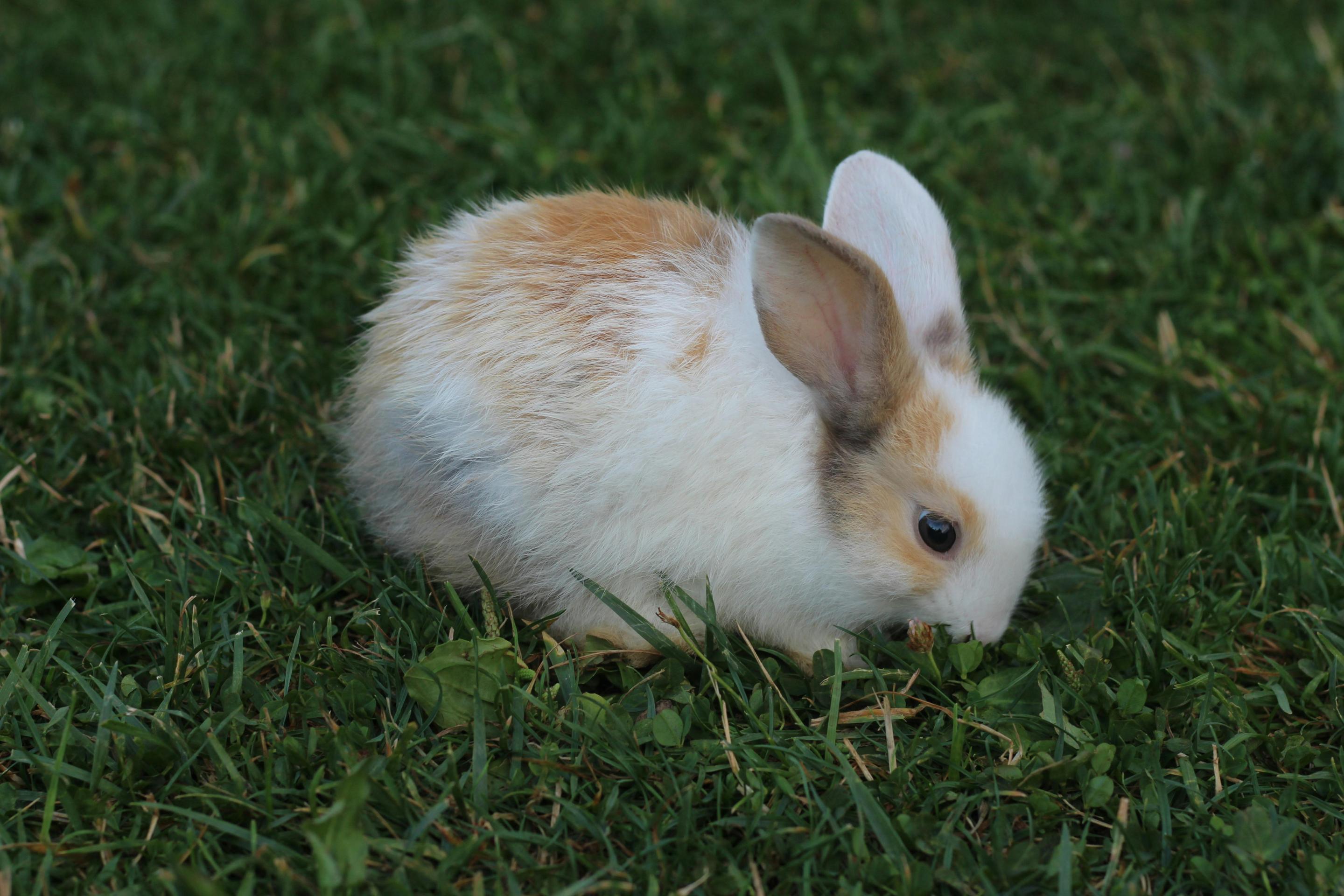Fleas are not just a nuisance; they can cause discomfort and health issues for your rabbit if left untreated. Whether your rabbit lives indoors or outdoors, these pesky parasites can make their way onto your furry friend. Here’s a guide to safely and effectively removing fleas from rabbits and preventing future infestations.

1. Recognizing Fleas on Your Rabbit
Before starting treatment, it’s essential to confirm that your rabbit has fleas. Common signs include:
-
Excessive scratching or biting at the fur.
-
Fur loss or bald patches.
-
Small black specks (flea dirt) on the skin.
-
Visible fleas moving through the fur.
You can use a fine-toothed flea comb to check for fleas. Run the comb through your rabbit’s fur, especially around the neck, tail, and underbelly. If you find fleas or flea dirt, it’s time to take action.
2. Safe Flea Treatments for Rabbits
Not all flea treatments are safe for rabbits, so it’s crucial to use products specifically recommended for them. Here are some options:
-
Prescription Flea Medications: Medications like selamectin (Revolution) or Advantage II for small animals may be prescribed by your veterinarian. Always consult a vet before applying any flea treatment to your rabbit.
-
Flea Combing: Use a flea comb daily to remove fleas manually. Have a bowl of soapy water nearby to drown any fleas you catch.
-
Topical Treatments: Only use rabbit-safe topical treatments under veterinary guidance. Never use flea products designed for dogs or cats, as they can be toxic to rabbits.
3. Cleaning Your Rabbit’s Environment
Fleas can quickly spread to your rabbit’s living space, so thorough cleaning is essential:
-
Wash Bedding and Accessories: Wash your rabbit’s bedding, blankets, and toys in hot water and dry them on high heat to kill fleas and eggs.
-
Vacuum Regularly: Vacuum carpets, rugs, and furniture in areas where your rabbit spends time. Dispose of the vacuum bag or empty the canister immediately to prevent fleas from escaping.
-
Treat the Home: Consider using a rabbit-safe flea spray or diatomaceous earth around your home to eliminate fleas. Avoid chemical sprays or foggers that can harm your rabbit.
4. Preventing Future Infestations
Prevention is key to keeping fleas away from your rabbit. Here are some tips:
-
Regular Grooming: Brush your rabbit regularly to spot and remove any fleas early.
-
Monitor Other Pets: If you have dogs or cats, ensure they’re on flea prevention programs to reduce the risk of fleas spreading to your rabbit.
-
Outdoor Safety: Limit your rabbit’s exposure to flea-prone areas like tall grass or spaces frequented by wild animals.
-
Routine Checks: Inspect your rabbit for fleas regularly, especially during warmer months when fleas are most active.
5. When to See a Veterinarian
If your rabbit has a severe flea infestation or shows signs of anemia (pale gums, lethargy) or skin infections, contact your veterinarian immediately. Fleas can cause serious health problems if not addressed promptly.
At Ingleside Animal Hospital, we understand how important it is to keep your rabbit happy and healthy. If you need help treating or preventing fleas, our experienced team is here to guide you. Schedule an appointment today to ensure your rabbit stays flea-free and comfortable year-round!
If you have questions and you'd like to reach out to us, you can call us directly at (602) 833-7511, or you can email us at [email protected]. Don't forget to follow us on social media Facebook, Instagram.
